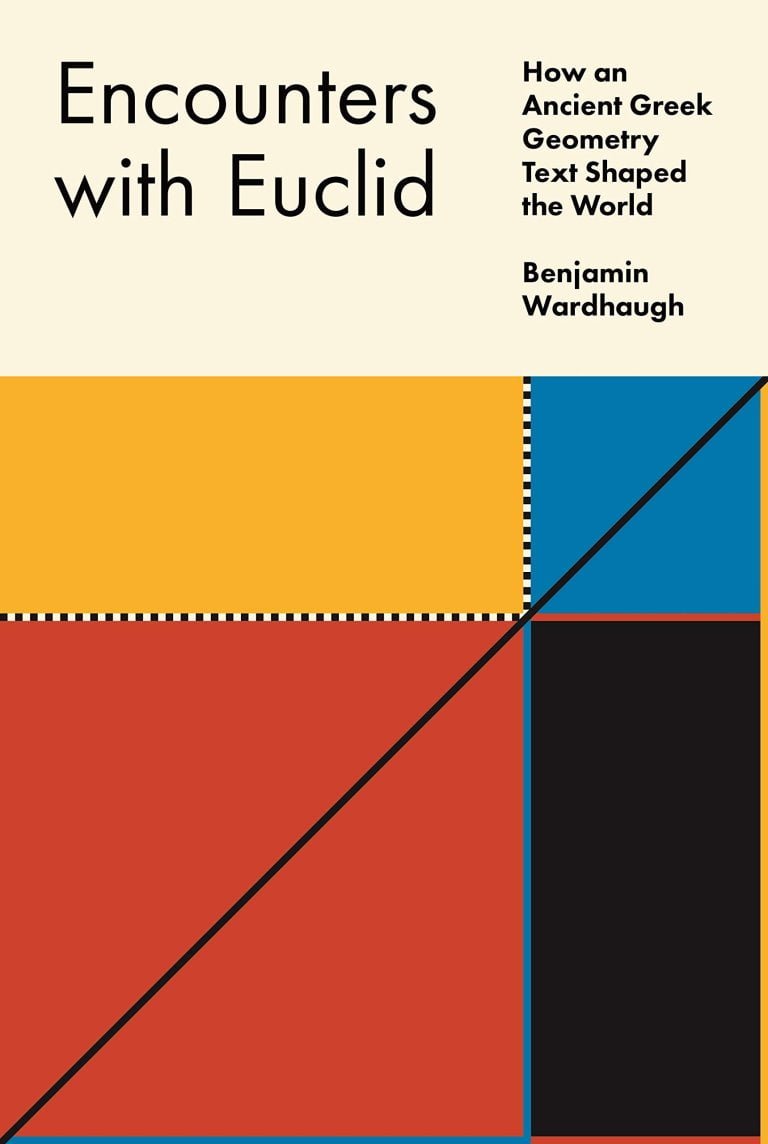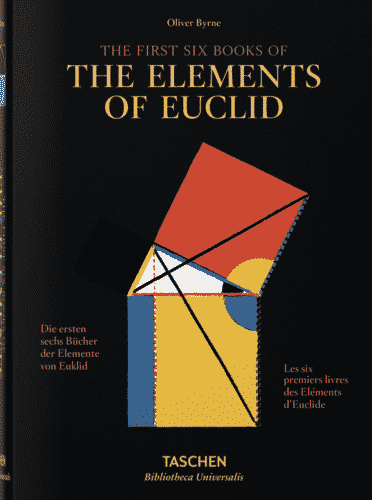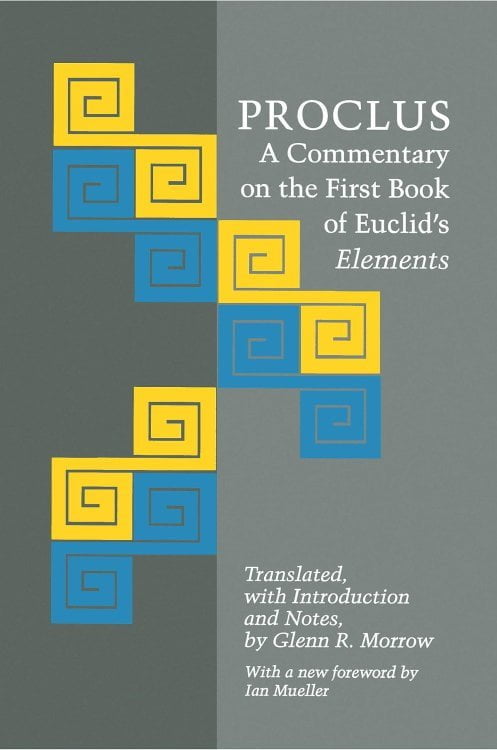When it comes to the origins of mathematics, one name that immediately springs to mind is Euclid. The ancient Greek mathematician’s treatise “Euclid’s Elements” is widely regarded as one of the most influential works in the history of mathematics. In his book Encounters with Euclid, Benjamin Wardhaugh offers a fresh perspective on Euclid’s legacy and why his work remains relevant today. This blog post explores why math lovers should add this book to their reading list.
While the “Elements” may have cemented Euclid’s legacy as one of the most important mathematicians in history, Encounters with Euclid offers a more nuanced view of the man behind the work. Wardhaugh delves into ancient Greece’s social, political, and intellectual context to provide readers with a deeper understanding of Euclid’s life, influences, and motivations.
Encounters with Euclid is a Fresh Take on the “Euclid’s Elements”
Although “Euclid’s Elements” is widely studied today, its true significance and influence are often shrouded in mystery. Wardhaugh unpacks the complexities of Euclid’s text and explains why it was a groundbreaking work in its day. Whether through its formal geometric proofs or clear, logical structure, Euclid’s “Elements” laid the groundwork for centuries of mathematical inquiry.
The Enduring Relevance of Euclid’s Work
As Wardhaugh demonstrates, the “Elements” has profoundly impacted the development of mathematics and science through the ages. Euclid’s logic and geometry innovations continue to shape how we think about the world around us, from architecture to astronomy. Additionally, Encounters with Euclid shows readers how many modern mathematical concepts can be traced back to Euclid’s original work.
Encounters with Euclid is a Must-Read for Mathematics Enthusiasts
If you’re a math lover looking for a compelling read exploring your favorite subject’s origins, Encounters with Euclid is a must-read. Wardhaugh’s engaging and accessible writing style makes this book informative and entertaining. You’ll come away with a deeper appreciation for the rich history of mathematics and a better understanding of the man who started it all.
In conclusion, Encounters with Euclid provides a fresh take on one of the most important works in the history of mathematics. Wardhaugh’s insights into Euclid’s life, his legacy, and the influence of his work are invaluable for math enthusiasts of all levels. If you’re looking for a compelling read that illuminates the origins of mathematics and the lasting impact of Euclid’s work, this book should be at the top of your reading list.




